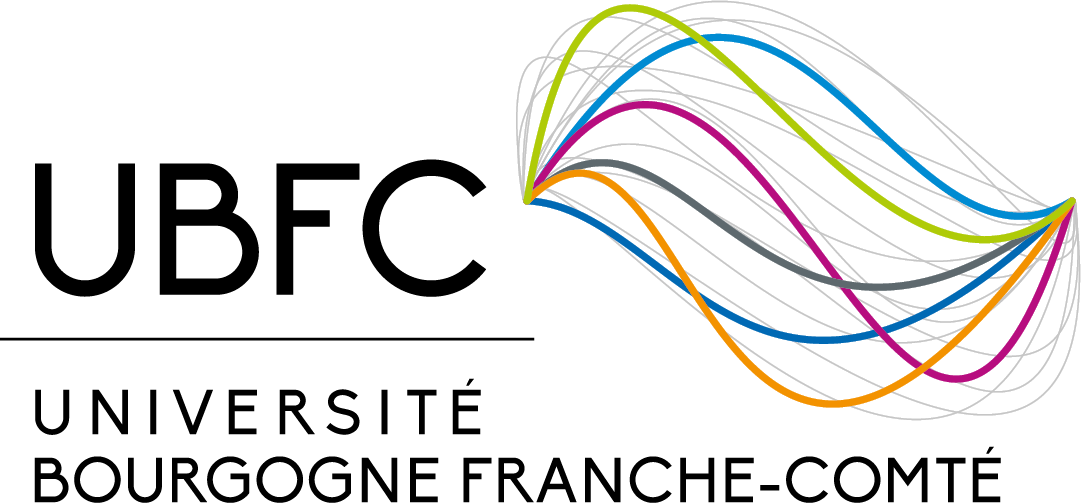- PhD - 36 mois
ref - 2021-06-PATH1
PhD – State of health and Remaining Useful Lifetime estimation for fuel cell systems
| JOB TITLE | PhD – State of health and Remaining Useful Lifetime estimation for fuel cell systems |
| EMPLOYER | UBFC – 32 avenue de l’Observatoire – 25000 BESANCON |
| LOCATION | FEMTO-ST / FCLAB Rue Thierry MIEG 90010 Belfort FRANCE |
| CONTRACT DURATION | 36 months |
| DEADLINE APPLICATION | 15 May 2021 |
| STARTING JOB | October 2021 |
| JOB DESCRIPTION | Context The fuel cell systems still suffer from low reliability and durability, besides the high cost. The objective of the RESYLIENT project is to develop algorithms to characterize online, realtime the operation (performance), the state of Health SoH (diagnostics) and the Remaining Useful Lifetime, RUL (Prognostics) of a PEMFC. The developed algorithms are mainly signal based using the major approach of signal processing approaches for SoH determination of the stack, online under dynamic load profiles. Besides, in automotive systems sensors are exposed to rough environmental conditions like extreme temperatures, wet and dry humidity, ice formation, vibrations, and shocks. This leads to frequent failures in sensor signals. Objectives of the PhD thesis The goal of this thesis is to develop simple models to increase the durability of FC systems (diagnosis, prognosis, fault tolerance) taking into account the real integration constraints of the system, in the design of the algorithms themselves; that is to say, to take into account the constraints related to embedded systems where one needs to operate a reliable diagnosis/prognosis without stopping the system, and without using intrusive, bulky, or expensive sensors or devices. It would be interesting to apply different approaches for the analysis of non-stationary signals from PEMFC fuel cell systems to develop reliable fault tolerant diagnostics, prognosis and control. We are particularly interested in the analysis of response to multi-frequency signals. It will therefore be necessary to establish a solid theoretical basis for the signal processing tools to be used, and then apply them to databases from experimental tests. In parallel, accelerated test protocols must be set up and will allow to validate the developed algorithms. |
| Tasks of the PhD thesis process The different tasks of this thesis are the following: Task 1, M1-M6: – Literature review, diagnosis, prognosis, tools for non-stationary signal analysis. – Literature review, degradation and defects of PAC and AST systems. Task 2, M6-M24: – Multi-frequency signal response analysis with different approaches. – Comparison on the basis of several criteria to be defined in the previous task. – Develop spectral and time-scale analyses in order to make a reliable diagnosis and prognosis of the stack and the surrounding system. – Develop accelerated test protocols, validation metrics. Task 3, M12-M30 Experimental campaign and validation. Task 4, M24-M33 First experimental feedbacks, algorithmic optimization. Task5, M28-M36 Thesis writing. |
|
| SUPERVISORS |
Nadia YOUSFI STEINER (nadia.steiner@univ-fcomte.fr) |
| QUALIFICATIONS | Master Degree |
| CANDIDATE PROFILE | The PhD applicant should: Hold a master’s degree or equivalent and have competencies in one or several of the following topics: electrical engineering, electrochemistry, automatic control, computer sciences, Applied mathematics, data mining, artificial intelligence. • Have good written and oral communication skills in English. • International applications are strongly encouraged. |
| APPLICATION |
Please send the following documents (all in one PDF file) by e-mail to nadia.steiner@univ-fcomte.fr : 3) Letter of motivation relatively to the position (1 page). 4) Copy of your Master degree and/or Engineer degree if already available. 5) Copy of your final marks and ranks. 6) Coordinates of reference persons (maximum 3, at least your master thesis supervisor): Title, Name, organization, e-mail. If you have questions regarding the application, please contact the supervisors. |
Rue Thierry MIEG
90010 Belfort FRANCE






